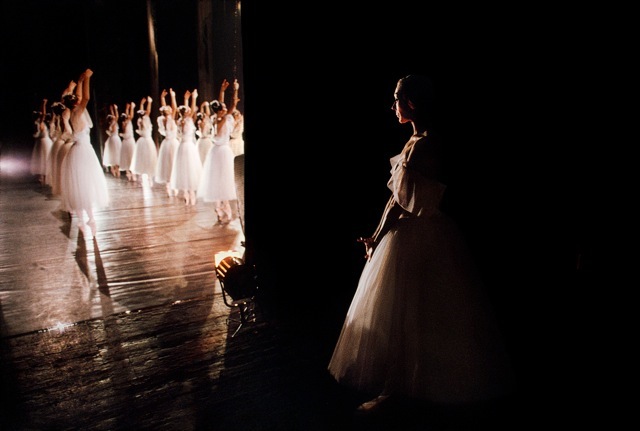Day 147: A Memory, a Trigger Word
The memory that came up was quite a ‘significant one’ – meaning: a memory that I have been working with for quite some time or that has come up several times in my process and each time there are different points revealed from/of it. And so, here again, lol.
This memory stands in relation to my relationship with a particular person that I was not on good terms with. I experienced this person as judgmental, unfair and brutal. Needless to say that over time, I accumulated a vast amount of reactions and resentment towards this particular person, but I would never voice them – I would brood and curse in silence and complain about the person to others. Now, within this memory – I was having a discussion with my mother and we were not agreeing on something. This other person was present as well and at some point started shouting and ranting at me – I cannot remember all that was said – but one particular point I remember very clearly – these were the words that triggered my reactions to ‘shoot through the roof’, smash the plate I was holding onto the kitchen floor, shout that I’ve had enough at the top of my lungs and get into a huge fight.
Now – those particular words that were said that triggered my reactions to go through the roof – I had always remembered them, but I hadn’t placed any importance on why I was remembering these words or even why these words had such an impact in terms of the intensity of my reactions increasing so extensively. The words were ‘you think you’re the queen and everyone must just bow for you’ – lol. So, in writing my previous blog about how I experience the prideful character as being a queen on a throne within myself and any time someone gives ‘praise’ it is like a person bowing before the queen and how this relationship to praise had become like an addiction within myself – in ‘needing people to praise me’ – I could suddenly why these words that were spoken in that moment would have such a big impact – because they were striking at the heart of the prideful character that I had become, lived and embodied totally and completely by that age.
It is fascinating – every time I would remember these words I would think ‘that just shows how little this person knew and understood me, if that’s how they see me – a queen who wants everyone to bow for her’ – because on a conscious level and how I would interact with people on a conscious level, I did not at all see myself this way, let alone want to be seen this way – but on a deeper level, these words summarized a very large aspect of who I was accepting and allowing myself to be and exist as.
Herein – I remember very clearly how the word ‘queen’ within what he said, was the one word in relation to which I allowed a flood of reactions to surge up inside me – showing that this is a word that is polarized within and as me – holding both positive and negative charges.
So, I’ll write a bit more on the polarization of the word ‘queen’ in my next post.












0 comments: